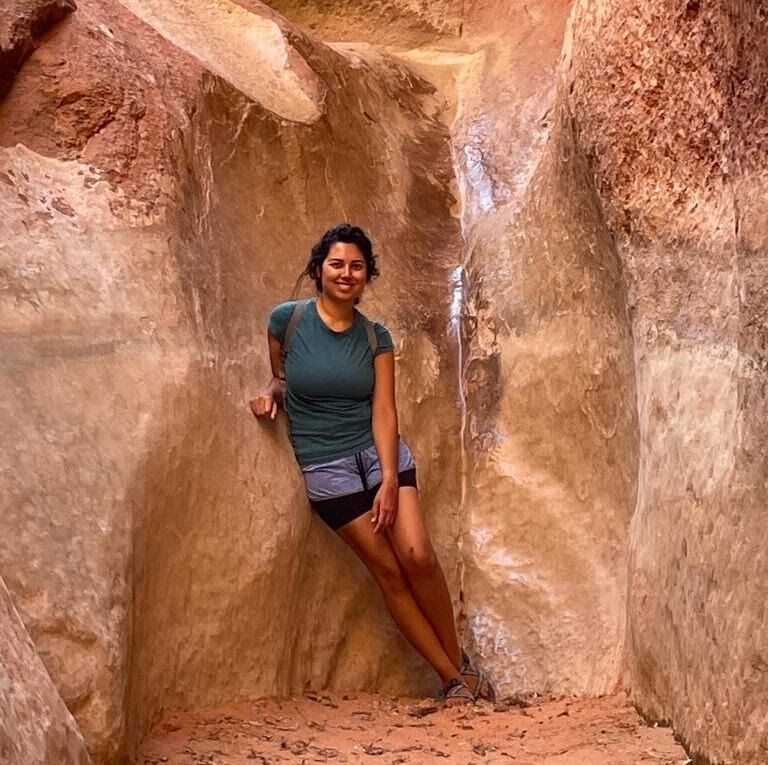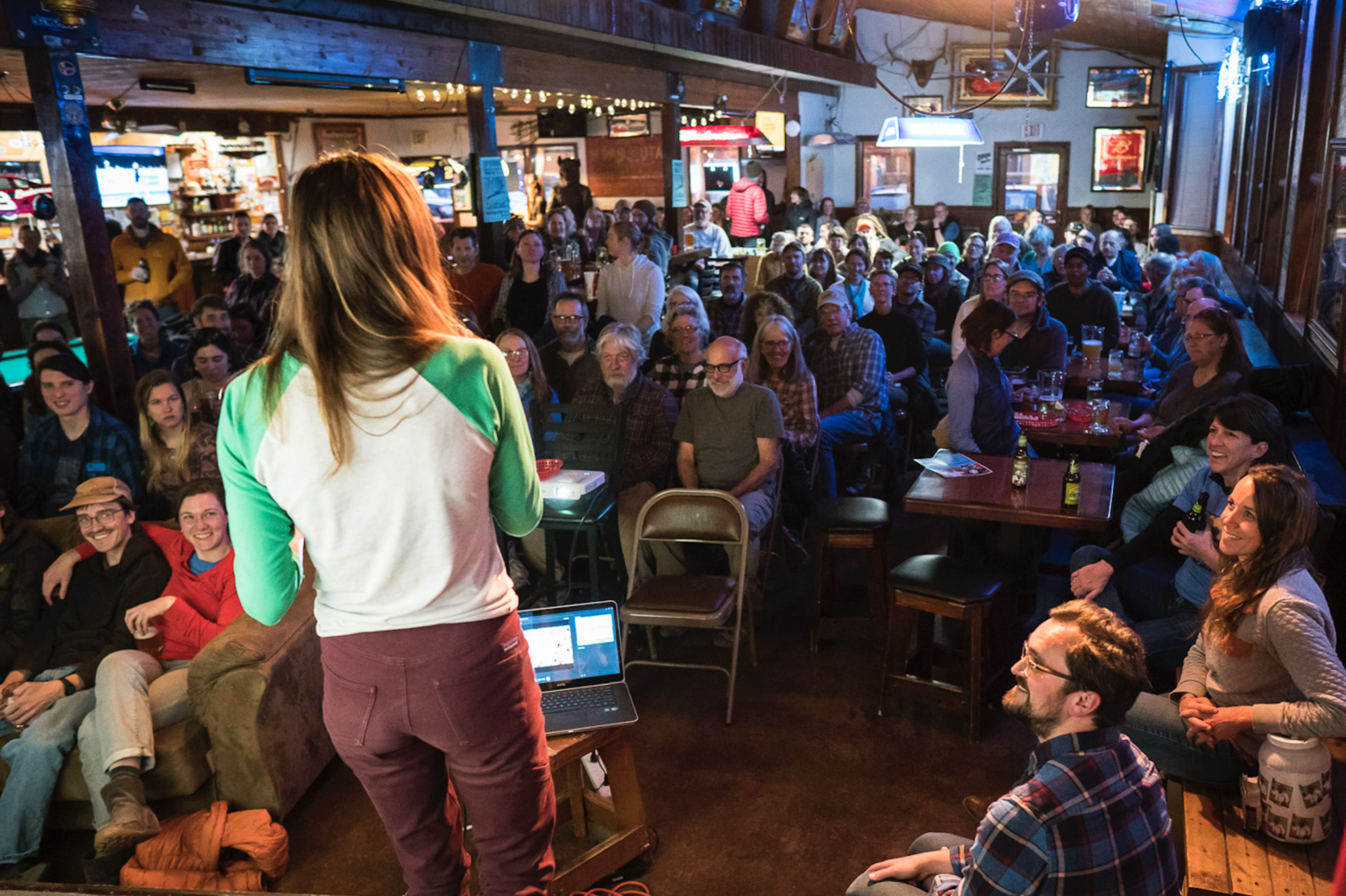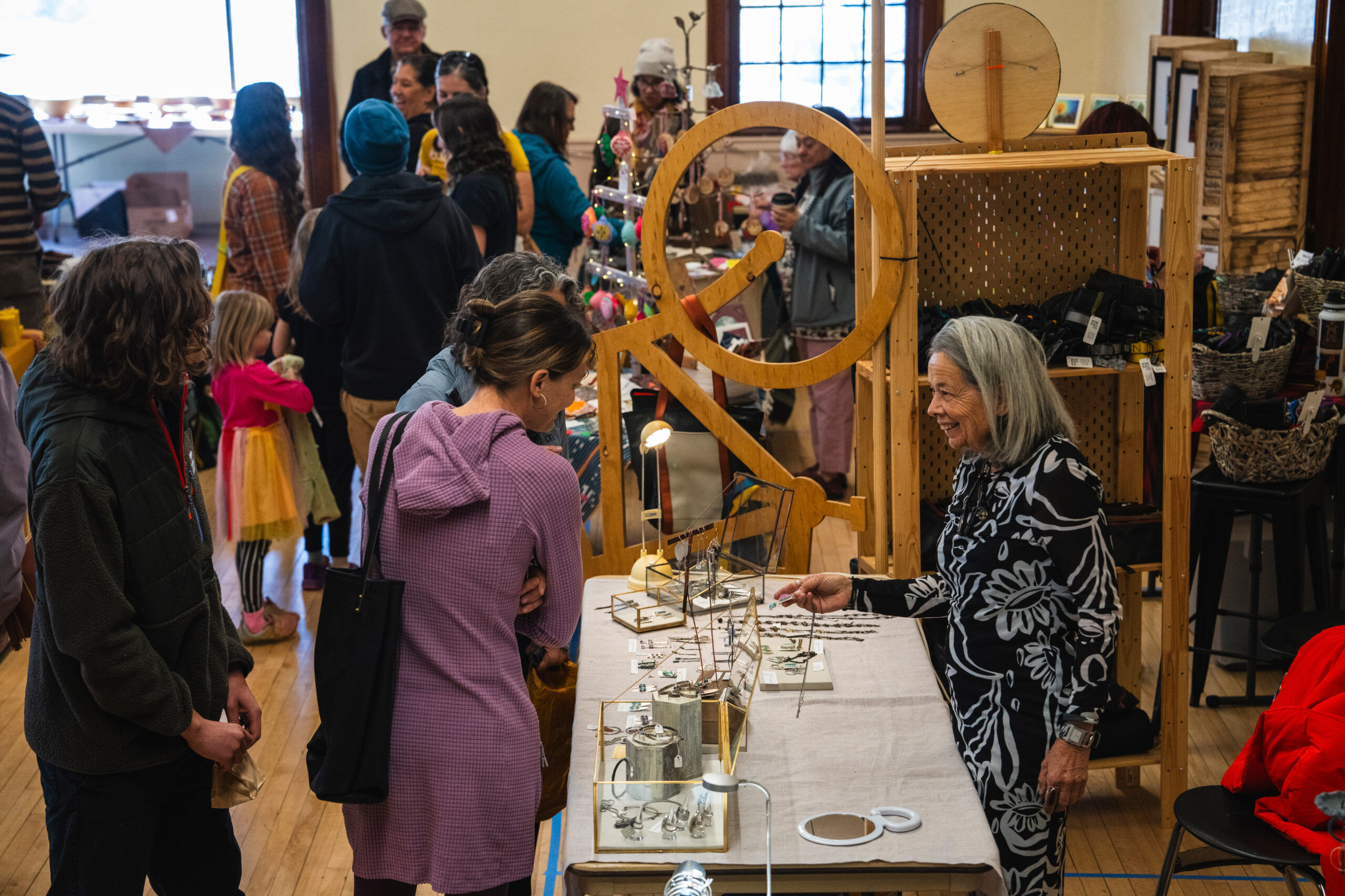Some information may be outdated.
Knowledge comes in various forms, from laboratory science to place-based community knowledge and everything in between. This week, Science Moab talks about science media and multiple ways of knowing with Dr. Sabah Ul-Hasan.
After growing up in Salt Lake City, Dr. Ul-Hasan became a bioinformatician, a pursuit that combines biology with computer science. They are currently a postdoctoral scholar at Scripps Research Institute in San Diego and a co-founder of the Biota Project (www.thebiotaproject.org), an organization that creates bridges to connect scientific research with community leaders and grassroots activists, whose mission statement includes working to “identify traditional knowledge and join it with research being practiced by scientists through an artistic, mutually symbiotic lens.”
Science Moab: How did you realize that connecting community and science was important to you?
Ul-Hasan: I love science, but I didn’t really care for school. I was in this PhD program, and I just hated it for a lot of reasons. At the same time, I was talking to one of my best friends, who’s a filmmaker, about our experiences being a person of color in the film community and the science community. We both were kind of fed up and we didn’t see a lot of ourselves in educational media. That’s how the Biota Project formed. Our concept was to bring together science and art through this multimedia approach. We were trying to create something where people could be excited and feel empowered about the communities they’re from. That’s where the community aspect came in: feeling unfulfilled, out of place and “othered” while at the same time being nerdy and curious about a lot of things.
Science Moab: What’s one aspect of the Biota Project that’s been particularly meaningful to you?
Ul-Hasan: I really enjoy seeing that people on the team are really authentic. There’s great support, there’s no judgment and really no hierarchy. We’re trying to create a space where anybody can feel comfortable sharing and trying out their ideas, and learning things they want to learn. There’s been really cool stuff like spoken word mixed with music and other things I would personally never think about. That makes me really happy.
Science Moab: Can you talk about the value in incorporating different ways of knowing?
Ul-Hasan: I’m South Asian. In the U.S., I’ve seen things like golden lattes, coconut oil and raw turmeric pop up recently. There’s a lot of cognitive dissonance where people are telling me or telling the world about their discoveries of these things, when these are things my family has been using for a long time.
Everyone should be able to enjoy and benefit from things. It’s about including the people that have historically known these things. It’s about merging all these oral histories and scientific techniques together to be this strengthened, unified form of science.
There is this pushback of: “Well, this is how it should be done.” According to whom? Asking those questions is really important. There can be multiple ‘right’ ways of doing things and it’s even better, even stronger, if we can consider all options and have that sense of greater community. Our science benefits when we include people. It’s a core part of being a good scientist.
Science Moab: How is your work in bioinformatics related to addressing these environmental and social inequities?
Ul-Hasan: Part of my PhD involved looking at data that was over 100 years old. There were so many questions I had, so many other metrics that would have been great to have been collected. So I really wanted to contribute something to the long-term. I wondered, how can I make the work we do as scientists more sustainable? How can I make sure these studies will be useful five, ten, 50 years from now?
Science Moab: Do you have a vision for ensuring these different ways of knowing are utilized to create a better world?
Ul-Hasan: I think the way we respond to change is very important. We can really only control ourselves. We can make sure we are good stewards, that we lead by example. Whatever your personal opinion is of the ‘right thing,’ we’re all messing up something. We all have something to learn from other people. Trying to maintain that mindset is key.
Science Moab is a nonprofit dedicated to engaging community members and visitors with the science happening in Southeast Utah and the Colorado Plateau. To learn more and listen to the rest of Sabah Ul-Hasan’s interview, visit www.sciencemoab.org/radio. This interview has been edited for clarity.
Appreciate the coverage? Help keep local news alive.
Chip in to support the Moab Sun News.





